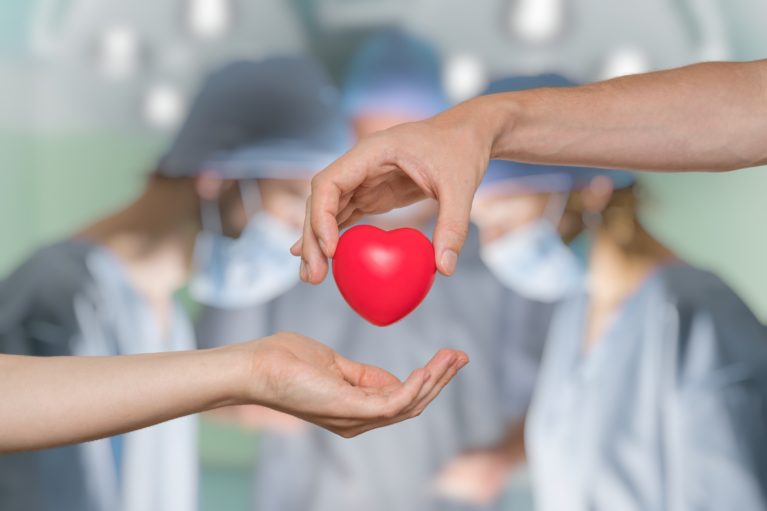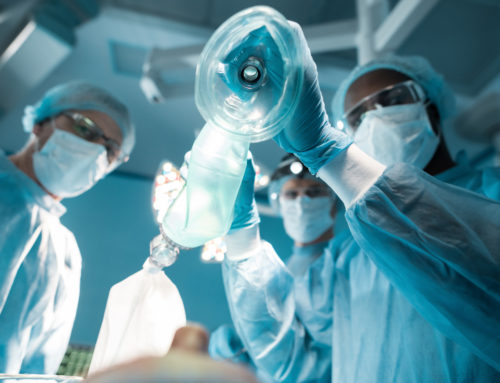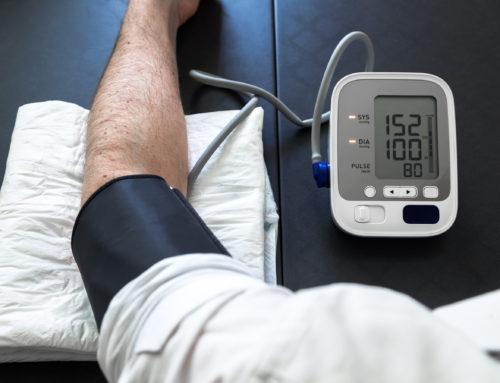Are you an organ donor? It’s a common question, one you’ve probably heard when getting your driver’s license. Becoming an organ donor is easy, but what is organ donation really, and how does it help people? Here’s what you should know.
What Is Organ Donation?
Organ donation involves harvesting all or part of an organ from one person and transplanting it into another. If the two people are a genetic match, the recipient’s body has a lower chance of rejecting the organ. The recipient must stay on immunosuppressants drugs for the rest of their life to continue preventing rejection, but many people who have an organ transplant go on to live long, healthy, and full lives.
How Organ Donation Saves Lives
When an individual has a serious problem with one or more of their organs and that problem is highly likely to end their life in a short period of time, they may be a candidate for a transplant. By replacing the damaged or non-functioning organ with a working one, the body can resume normal function.
The most common types of organ donation include:
- Heart
- Lungs
- Liver
- Kidneys
- Pancreas
- Small bowel
- Hands
- Faces
Tissues can also be donated, including corneas, skin, tendons, veins, heart valves, and bone.
Types of Organ Donation
There are two types of organ donation: living and deceased. What type of organ donation is appropriate in a specific case depends largely on the organ requiring replacement and the availability of a matching organ.
Deceased Donation
Deceased donation is the most common form of organ donation. Viable organs are harvested after a person’s death in certain circumstances and immediately transported to a waiting transplant team. After death, organs only remain viable for a very short window of time and under very specific conditions. Of the 145 million people who are registered to donate their organs, only about 1 in every 1000 will become an organ donor upon their death. Individuals must almost exclusively have confirmed brain death and be on life support to be eligible for organ donation; if the person passes away and is not put on life support soon enough, the chances of organs being viable are extremely slim
Living Donation
Living organ donation is less common, but often easier to find a match; about 4 in 10 organ donations are from living donors. Often, family members are the closest match, and most living donations occur between people with a strong existing relationship. However, some living organ donations do come from extremely generous strangers.
A person can donate a portion of their liver, one of two kidneys, part or all of a single lung, a portion of the intestines, or part of the pancreas. Liver tissue will regenerate until the liver is nearly its previous size in both the donor and recipient. Other tissues do not regenerate, however, both the remaining tissue in the living donor and the donated tissue in the recipient are functional.
How Are Donated Organs Matched with a Recipient?
The Organ Procurement and Transplantation Network (OPTN) manages a list of individuals waiting to receive organ donations. For deceased donations, the hospital contacts the area’s local Organ Procurement Organization (OPO), who then searches the OPTN list for a match. If a potential match is identified, a representative from the local OPO travels to the hospital. Then, they determine if the individual was a registered donor or will ask their next of kin for authorization. Once authorization is given, the OPO representative obtains a complete medical history and finalizes the red tape.
For living donations, the transplant center will perform thorough testing to determine if the recipient and potential donor are a good match. The living donor must be in good health and must provide informed consent.
Becoming an Organ Donor
Do you want to give the gift of life at the end of yours? If you would like to become an organ donor, it’s as easy as notifying your local driver’s license bureau. Or, you can sign up to become a donor online here.
Dr. Edward Mallory is a Central Florida medical expert witness and an emergency room physician with over 25 years of experience. Dr. Mallory is passionate about not only saving lives but ensuring that individuals harmed by malpractice get the justice they deserve. To learn more about the necessity of a medical witness in a Brevard county malpractice case, contact Dr. Mallory today.




























